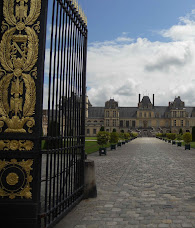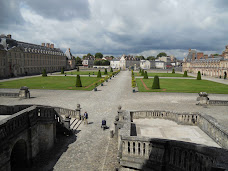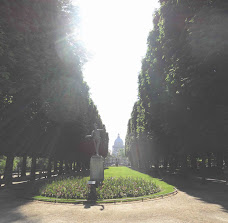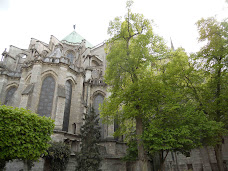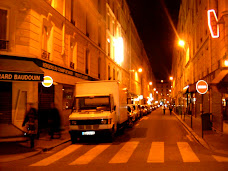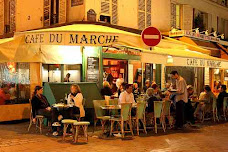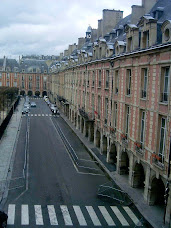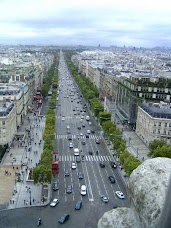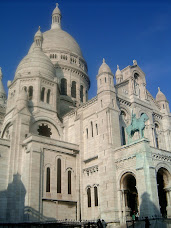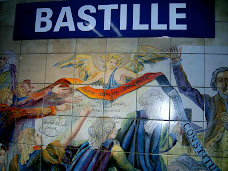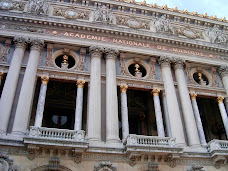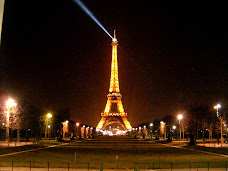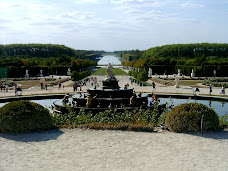Culture vs Art
These two concepts have always seemed antithetical in my mind.
Perhaps what distinguishes them the most for me is the inherent quality of a piece (of music, sculpture, painting, etc.) objectively speaking. Because there is such a thing as objectivity in assessing beauty in art. Just as there are rules in mathematics (not a hard science), so there are in music, painting, and all the fine arts.
I'd hate to give the impression that I hold the truth, but here my desire is to share a few thoughts about how culture, generally speaking, and "pop" culture in particular (read: postmodernism, broadly; the end of structuralism) effectively means there is no standard anymore, no canon of beauty, no yardstick.
I'd also hate to give the impression that the issue is a simple one, that anyone with a brain can agree with me after careful consideration, so I'll try my best to explain why I believe art has been displaced by culture, using political and economic ideology/concepts in order to do so.
My opinion about contemporary (or postmodern) "art" is that it's mainly a collection of soulless objects, whose main purpose is to convey a message, political or societal, and not an authentic emotional/spiritual experience. The emphasis on originality (as opposed to authenticity) is a clear indication of this. One isn't merely required to produce something which attempts to elevate the mind or soul of human beings. No. One is required to produce something which will make people think -- which is fine -- but more often than not, this process already has within it the conclusions at which one is suppose to arrive. The message IS the piece. There is no escaping it, no room for debate (intellectual or emotional); to not like contemporary art becomes almost a cultural crime. Barbaric. Because it is the embodiment of contemporary mores, so disliking it means one's either reactionary, not very bright, or a bigot. Or all three!
The way contemporary art is financed is another indication of its lack of substance. By and large, it is money made off of money which finances it. It's money made from ether, not linked to any actual production, creation, utility; no real economic growth comes from it, merely artificially bloated Mickey Mouse 'growth'.
It's the perfect marriage: vacuous pseudo-art financed by make-believe, virtual money.
This is merely the setting for a more subtle structure.
People have been working more and more since the 1970s; perhaps not more hours but certainly they've been dedicating a lot more energy to their jobs, while their real wages stagnate at best, fall in most cases.
Everyone knows that All Work and No Play makes Jack a Dull Boy; when workers are too unhappy, they tend to rebel, so something has to be done about it.
Enters culture and its "democratization".
Something which can be consumed in the time it takes most Western workers (especially the Anglo-Americans) to eat their pre-packaged lunches, so half an hour at the most. One can't in all honesty argue that art can be prepackaged in such a way. It isn't that one must be stupendously well-educated in order to appreciate beauty, no. But it does take a certain dedication to it in order to recognize it when we see it. It's rare that someone can become an accomplished classical pianist for example without putting in the work-- i.e. several hours every day. Talent alone does not suffice.
Similarly, a bit of talent or sensibility alone do not provide all the tools an average person needs to be able to spot and fully appreciate art. But it's enough to grasp culture.
Culture, then, is ersatz art. It's pseudo-art for "the wo/man on the go". For the "upwardly mobile professional" who has no time to dedicate to something which will not get him/her closer to the top. For the average worker, who has no time either -- and when s/he does, s/he's too tired to spend it thinking, learning, reading anything which will require an effort-- culture gives one the impression of spending time on themselves. It's "me time", but it rarely is because it does not do what art does.
And what is that?
Well, I think art leaves one with a clear sense of having internalized something new and different, something authentic and enriching. It doesn't enter the category of "guilty pleasures". Whichever -- whether it's written, played, or built, it changes one's outlook (even if it's in a small way), makes the world seem bigger and more powerful, and usually it makes one feel lighter. It's time spent trying to become a better listener, reader, critic, person, friend. To me, it improves at the same time as it entertains. But the kind of entertainment provided by art is not mindless; it's engaged and aware. Its essential quality is it makes us forget ourselves, even if it's for a fraction of a second. It does not promote navel-gazing. Rather, it opens windows, eyes, and hearts to the world, to other humans, to nature, to philosophy, and so many other things I will spare you now because I have gone on far too long and there isn't a single joke in this post!
PS Of course there is nothing wrong with liking something one knows to be objectively bad. I do!















